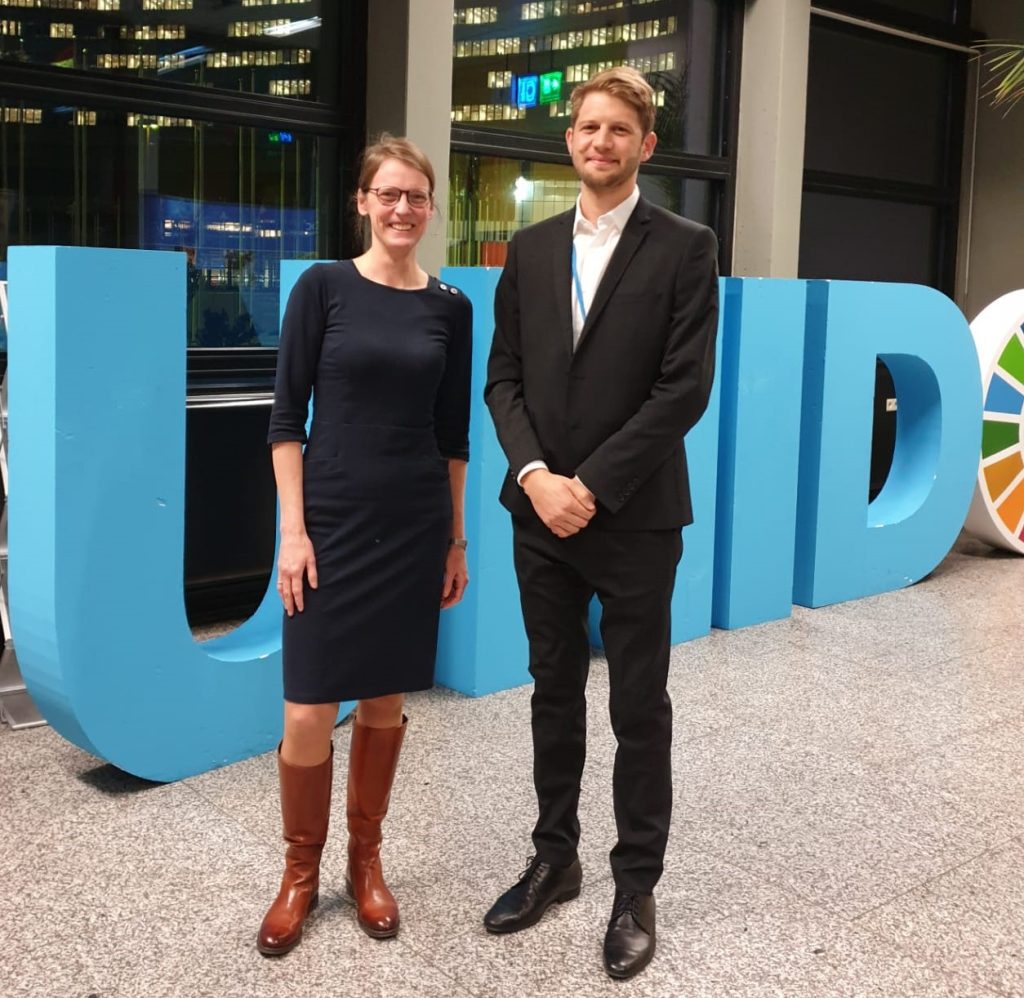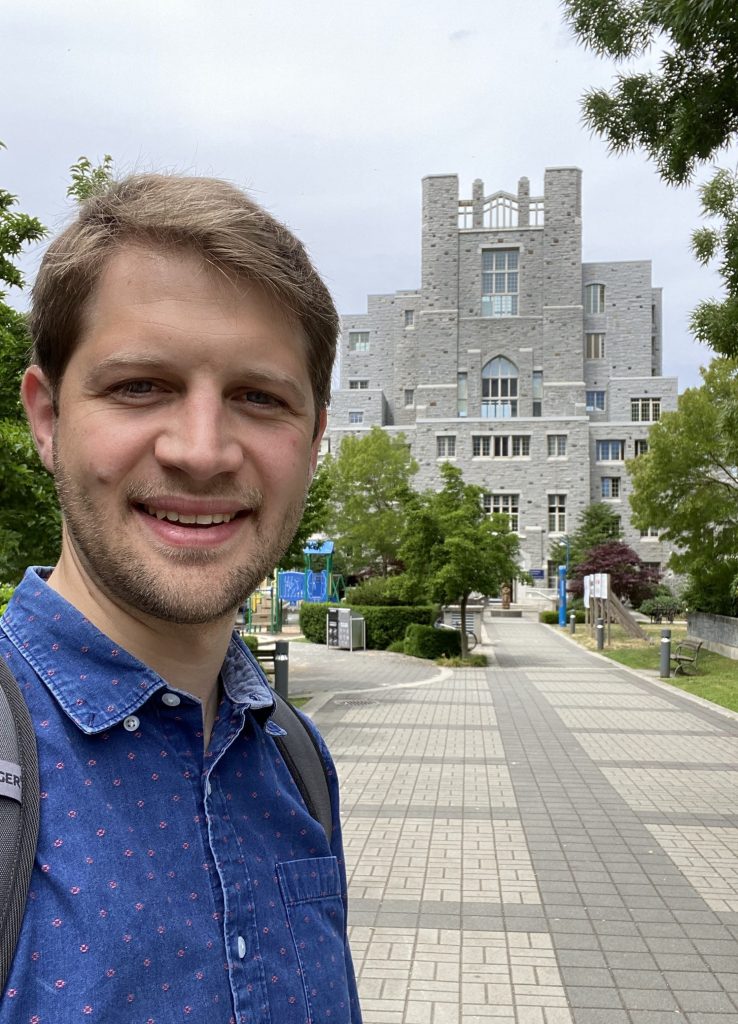Resource extraction has always been at the core of Canada’s economy. Nearly every country in the world relies in some measure to extracting or processing natural resources. That activity can impact a country in many ways including economic, environmental, and societal.
It is those impacts that are at the heart of what new UBC Okanagan School of Engineering researcher Wouter Bam investigates. Bam recently joined UBC as an assistant professor in Manufacturing Engineering.

In a recent article in the Conversation, Bam outlined the landscape of industrial development highlighting the not-so-clear benefits of policies that support extraction and processing in a single jurisdiction. “In Canada, there has long been a push to have oil and gas extracted and refined here instead of exporting to other countries,” explains Bam. “Whether or not the benefits exceed the costs is one of the areas that my research can shed some light on.”
With many countries committing to meet or exceed the United Nations (UN) Sustainability Development Goals (SDGs), tools like the ones that Bam is developing provide a roadmap of sorts to addressing a variety of factors.
“When most people talk about manufacturing, they often focus on the nuts and bolts of building things,” explains Bam, “but my research develops tools that inform industrial development and industrial policy by casting a broader view.”
“By applying data to inform policymaking, industry and governments can get a clearer holistic understanding about the near- and long-term implications of development decisions,” says Bam. Prior to arriving at UBC, Bam worked with industry and governments in South Africa as well as the UN’s Industrial Development Organization, developing policy tools to help stakeholders navigate the implications of industrial development.
The research bridges many disciplines from manufacturing, sociology, computer science, and economics. In fact, Bam collaborates closely with the economics department of KU Leuven in Belgium and UFSC in Brazil.
“The tools we develop extend across borders, and while the impacts of the specific development may differ, the approaches that industry and governments take are often quite similar,” explains Bam. He points to the similarities between the automotive and titanium industries in South Africa and the automotive and oil and gas industries in Canada. “In these cases when we take a closer look at the regional implications, inequities can be exasperated.”

According to Bam, it isn’t simply economics that drive industrial development decisions. Societal and sustainability factors are increasingly being considered.
New technologies like machine learning and optimization models are further enhancing the effectiveness of Bam’s tools. “Using a system’s engineering approach allows us to more rigorously unpack these challenges and help decision-makers make decisions.”
While his research has largely been conducted in Europe and Africa, Bam is looking forward to engaging with Indigenous communities, academics, and industry in British Columbia and across Canada to uncover solutions to these pressing challenges.
Learn more about Wouter Bam’s research at https://engineering.ok.ubc.ca/about/contact/wouter-bam/